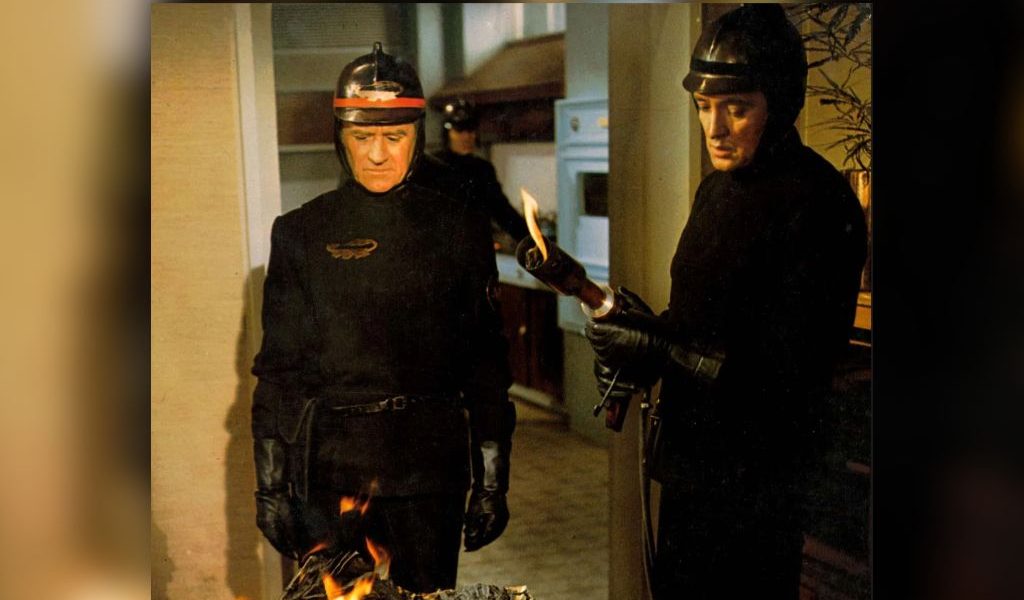by ANURADHA BHASIN

A writer whose own book has been banned speculates on the reasons and on the serious repercussions of this move.
Someone in Jammu and Kashmir’s home department must have spent months reading books on Kashmir before singling out 25 that could be banned and forfeited under Section 98 of the Bhartiya Nagarik Suraksha Sanhita. If that exercise was truly carried out, the person may be the most well-read in the region’s bureaucracy.
A government notification announcing a ban on the books claims that “available evidence based on investigations and credible intelligence unflinchingly indicate that a significant driver behind youth participation in violence and terrorism has been the systematic dissemination of false narratives and secessionist literature, often disguised as historical or political commentary, while playing a critical role in misguiding the youth, glorifying terrorism and inciting violence against Indian State.”

It argues that such materials “would deeply impact the psyche of youth by promoting culture of grievance, victim hood and terrorist heroism.”
What were the investigations based on? No evidence of the link between violence and the now banned books, one of them authored by me – A Dismantled State: The Untold Story of Kashmir After 370 – has been provided. What are the objectionable passages and words they found? They are either lost in obscurity or are some closely guarded secret.
What evidence they found of the written word and terrorism or violence?
Did the ‘misguided’ youth tell them during interrogation that first they dug into such books before they picked up a gun or resorted to violence?
Or did someone in the home department or a committee of people turned into voracious reader(s) and deciphered the secret codes in the texts that preached secession, terrorism and violence?
But more important, did anyone in the Jammu and Kashmir administration actually read any of the books, now declared as “propagating false narrative and secession”? If they had read, they would have been enriched with some intellectual depth, not the desire to heavy-handedly crackdown on knowledge and information that these books provide. At least, they would have known that some of these books are not available in India except in their exorbitantly priced foreign editions.
So, was it a typical case of an ill-thought bureaucratic decision based on mere whims and imagination where books were randomly and selectively picked up, based perhaps on a random open AI search or the advice of some ‘unpadh salahkar’ (illiterate adviser)?
The Wire for more
